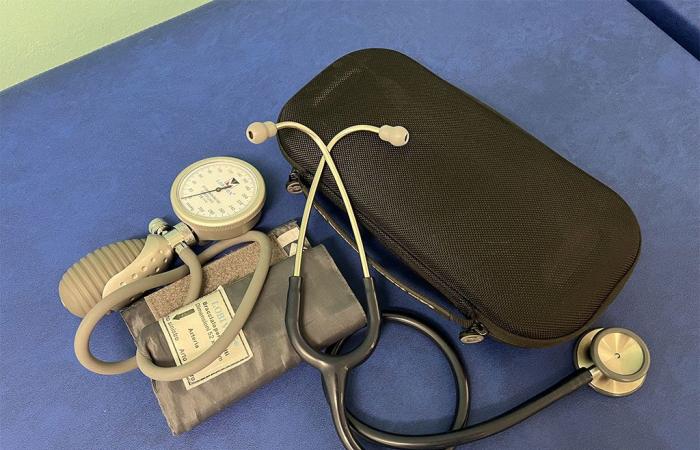They were 213 people from Aosta – between 35 and 74 years – who have voluntarily joined the “Heart Project – epidemiology and prevention of cardio and cerebrovascular diseases”, the investigation conducted byLocal Health Authority in 2023, 11 years after the previous one.
From the results, it emerged that the 7.9 percent of men and 2.3 percent of women presents an absolute global cardiovascular riski.e. you are likely to have a major cardiovascular event (MI or stroke) in the next 10 years. 6.1 percent of males (equal to 12 men) have a very high cardiovascular risk.
Persons enlisted voluntarily submitted to free of charge a series of measurements (blood pressure, weight, height and circumferences) and blood and urine tests, as well as having responded to a lifestyle questionnaire.
The results
Among the main health indicators related to non-communicable diseasesit was detected in 46 percent of men and 26 percent of women blood pressure elevated with average systolic BP values of 137 mmHg in men and 125 mmHg in women.
Turns out overweight and obese 61 percent of men (with a trend increasing compared to the 2012 survey) and 45 percent of women, a figure that is stable compared to the last assessment.
There cholesterolemia it is high (>190 mg/dl) in 72 percent of women and 52 percent of men. L’physical inactivityhowever, affects 29 percent of women and 25 percent of men, substantially stable compared to 2012. The daily salt consumption it is 9.6 g/d in men and 7.1 g/d in women.
“In addition to representing a solid data base for monitoring the health status of the Aosta Valley population, these results offer the possibility of develop ‘predictive models‘which allow the stratification of the population, the monitoring of risk factors and the integrated management of chronic pathologies and complex situations such as cardiovascular diseases”, explains Anna Maria Covarinodirector of the Food Hygiene and Nutrition Complex Structure.
“The adoption of such a stratification model could be able to guarantee equity of access and homogeneity of care through the identification of appropriate interventions, sustainable and personalized as defined in the ‘Health Project’ of the individual citizen/patient”, he added.






